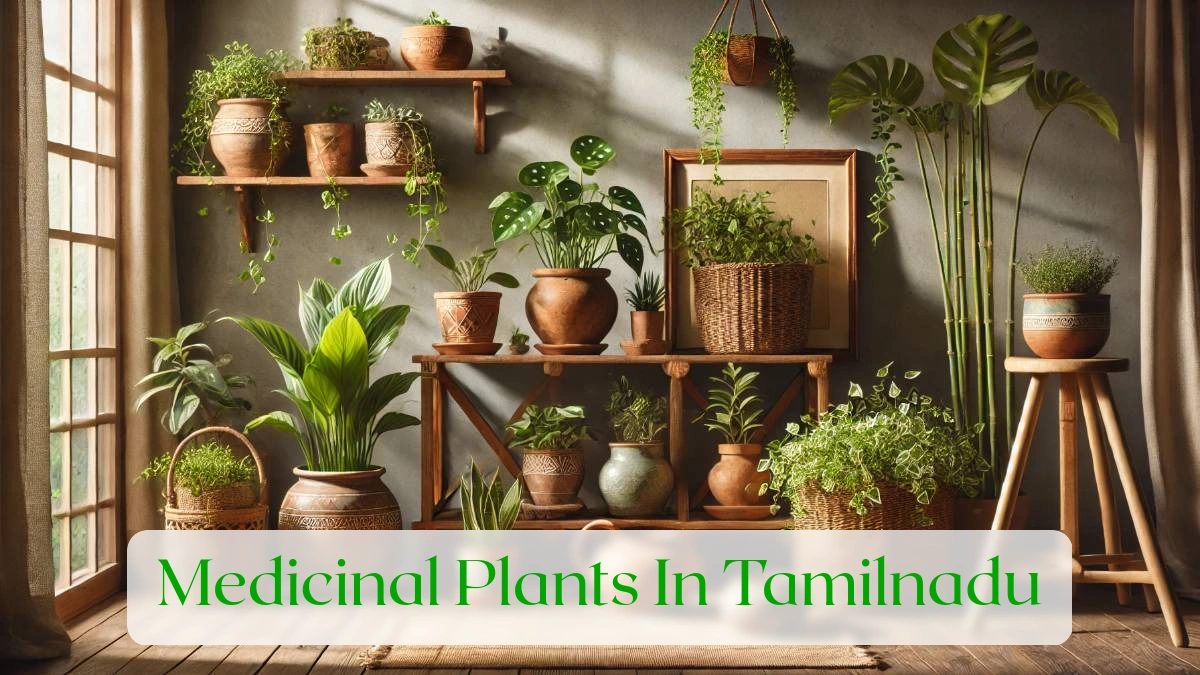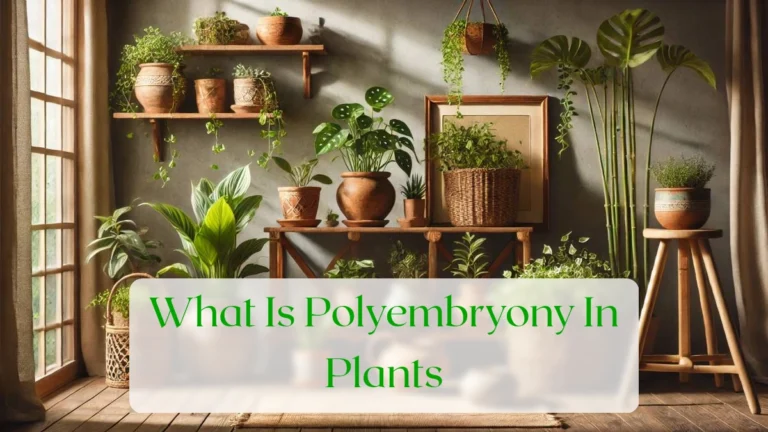Discover the Healing Power of Tamil Nadu’s Ancient Herbs! Are you curious about the rich tapestry of medicinal plants found in Tamil Nadu and their traditional uses? This guide explores the diverse world of medicinal plants across Tamil Nadu, providing insights into their traditional uses and potential health benefits. You’ll learn to identify common plants and understand their medicinal properties, uncovering a wealth of traditional remedies. This comprehensive guide will answer your search intent and highlight how Tamil Nadu’s remarkable botanical heritage has shaped its healing traditions for centuries.
Top 10 Medicinal Plants of Tamil Nadu You Should Know
Tamil Nadu boasts a remarkable biodiversity, with numerous plants possessing significant medicinal value. Here are ten you should know:
- Adathoda Vasica (Justicia adhatoda): This shrub, commonly known as Malabar nut, possesses expectorant and anti-asthmatic properties. Traditionally used to treat coughs and bronchitis, its effectiveness stems from its alkaloid content. A decoction of the leaves is often employed.
- Aloe Vera: Renowned for its soothing and healing properties, Aloe Vera finds widespread application in wound healing, skin treatment, and digestive aid. It thrives in the warm climate and is easily cultivated at home. The gel from its leaves provides instant relief for sunburns and minor cuts.
- Tulsi (Holy Basil): A revered plant in Indian culture, Tulsi holds significant medicinal properties. It boosts the immune system, possesses antioxidant properties, and is effective in treating respiratory infections. Simple tea made from Tulsi leaves offers a wide range of health benefits regularly.
- Neem (Azadirachta indica): This timeless wonder tree is used extensively. Extracts contain insecticidal properties with antibacterial, antifungal, and antiviral agents alongside their uses to promote healthy skin and hair. Neem’s applications span traditional and modern medicine to varying degrees of clinical support.
- Amla (Indian Gooseberry): Packed with Vitamin C and antioxidants, Amla is immensely rejuvenating with diverse uses within Siddha, and Ayurveda treatments and culinary applications. It strengthens the immune system and supports overall health. Eating Amla regularly, or in its dried or juice format, can show many considerable health supports throughout life.
- Gotu Kola (Centella asiatica): This creeper improves cognitive functions through antioxidants, promotes blood circulation, and may help accelerate wound healing. Its traditionally consumed form includes making teas using crushed and processed leaves.
- Bhringraj (Eclipta alba): Popular as an effective hair tonic, it also possesses anti-inflammatory qualities and is thought to benefit the liver to encourage better overall cognitive functions
- Giloy (Tinospora cordifolia): A potent immunity booster used widely across traditional medicine in the Indian sub-continent. Consuming its juice or incorporating sections of the plant through traditional decoction methods have been employed for generations as supportive treatment plans.
- Ashwagandha (Withania somnifera): Frequently identified as an adaptogen, with numerous potential health benefits through traditional uses. There has been a resurgence in scientific studies showcasing this incredible variety found extensively in specific areas of the central Deccan plateau.
- Turmeric (Curcuma longa): The vibrant spice possesses unique antioxidant and notably anti-inflammatory properties widely used through both culinary traditions alongside applications in therapeutic value. Turmeric often proves beneficial through many treatments, but in India also supports multiple holistic traditional practices.
Read more: medicinal plants of jammu and kashmir
Where to Find Medicinal Plants in Tamil Nadu?
Sourcing medicinal plants responsibly is crucial. Here are some potential sources:
- Local Markets and Herbal Shops: Numerous local markets and herbal shops across Tamil Nadu sell various medicinal plants and their products. Choose vendors with a strong reputation and extensive knowledge of such medicinal varieties, if uncertain.
- Traditional Medicine Practitioners (Vaidyas): Consulting traditional medicine practitioners can provide guidance, helping you appropriately distinguish genuine specimens for better and more effective treatments. Their guidance will often suggest preferred locations known well for sustainable harvesting practices with respect given to each individual ecological region
- Forests and Rural Areas: Many medicinal plants reside in forests and areas found just outside urban spaces. Caution is needed during harvest and in accurately distinguishing exact species to ensure correct identification and prevent harm due to incorrect species or plant matter consumption leading to poisonous reactions
- Online Retailers: With caution advised using due diligence and caution before resorting to purchasing herbs online; confirm reputable sources for trustworthy products alongside their high levels of authenticity verified by clear certification
Ancient Tamil Traditions and Medicinal Plants
Tamil Nadu’s rich heritage encompasses sophisticated medicinal traditions and plant integration practices within its multiple medicinal plants from ancient texts, folklore including significant Siddha medicine’s influential practices that inform modern-day treatments to various degrees found across different regions. Ayurveda also intertwines distinctly across traditions to create a complex tapestry of interwoven methods found across its medicinal variety.
Read more: medicinal plants in rajasthan
Modern Research on Tamil Nadu’s Medicinal Plants
Significant scientific research validates several plants used concerning traditional methods as detailed by current clinical understanding. Ongoing research delves deep into various medicinal actions using scientifically proven methods in laboratory setting to showcase each ingredient present to evaluate more accurately the potential effectiveness found with increased understanding and recognition to encourage scientific validation. The medicinal value of each one may allow potential developments through new pharmaceutical applications, if shown to be clinically viable
Precautions and Responsible Harvesting
Sustainable harvesting should remain paramount. To that end this crucial step also includes correct plant recognition using correct and reliable botanical sources due to their important impact that will improve responsible collection and support better medicinal practices. Never self treat without confirmation regarding diagnosis, specific medicine, its interactions and any allergies to the ingredients present.
Read more: medicinal plants of west bengal
FAQ
- Are all medicinal plants in Tamil Nadu safe to use? No. Some plants are poisonous, thus proper identification and expert consultation is essential. Improper usage, incorrect intake (excessive) or reactions may lead to health complications.
- Where can I find a qualified practitioner of traditional medicine? Local communities usually have trustworthy Siddha or Ayurveda practitioners you may ask around in your neighborhood or look up reliable places available to find certified professionals easily throughout Tamil Nadu
- How can I ensure the authenticity of herbal products? Sourcing directly from well-established locations to acquire plants directly with correct knowledge and information in relation to processing, proper preparation and packaging of such herb plants will help eliminate confusion greatly assisting in authenticity when dealing exclusively authentic botanical specimens and their proper treatments.
- Are there any legal restrictions on harvesting medicinal plants? Strict adherence to government guidelines around protected zones and species are in place due to some restrictions for gathering herbs. It remains vital that these laws are known and fully understood preventing negative harm against various species’ populations
- What are the potential side effects of using herbal remedies? Whilst such herbs may carry low probabilities or risks, even mild issues, potential allergy symptoms or drug interactions should always carefully be assessed beforehand, better to avoid severe reactions and potential health impacts if misjudged poorly.
Conclusion
Tamil Nadu’s medicinal plants offer a wealth of potential health benefits with extensive knowledge through centuries-old tradition and increasingly by modern scientific research and validation. By carefully using responsible harvesting practices and seeking expert advice before choosing usage, you can harness the powerful benefits of these incredible traditional plant remedies with care and improved discernment assisting toward long-term health optimization alongside the improved conservation of such rare and widely endangered botanical treasure species. Share your experiences with Tamil Nadu’s medicinal plants! Leave a comment below with specific information or even ask for advice surrounding medicinal values and safe applications to benefit your well-being.



